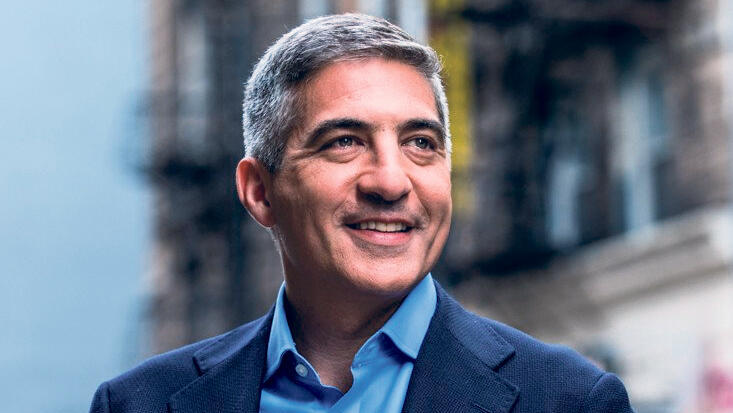
Payoneer to part with 200 employees, 10% of workforce
The fintech company, which is traded on Nasdaq with a market cap of around $1.7 billion, is mainly laying off employees from the marketing and service departments
Four months after appointing a new CEO, Israeli fintech company Payoneer is embarking on a significant round of layoffs. The company, which is traded on Nasdaq with a market cap of around $1.7 billion, will part ways with 200 employees, which make up about 10% of its workforce. At this stage, the final number of those laid off in Israel is not known. About half of Payoneer’s approximately 2,000 employees are based in Israel, where most of its R&D takes place. The cutbacks are set to get underway this week.
Payoneer, established in 2005, was over the years one of the most promising unicorns in Israel. The company operates in the payments and clearing market for small and medium-sized businesses, estimated by the company at $5 trillion. Payoneer's business model is based on collecting a commission from the payments made on its platform, which operates in 190 countries. Recently, it also launched a dedicated solution in partnership with the credit card giant Mastercard.
Payoneer went public through a merger with a SPAC on Nasdaq at a value of $3.3 billion in June 2021. The company raised over a billion dollars in the process, some of which went to the company's coffers and some to the founders and longtime shareholders, including former Prime Minister Naftali Bennett, who invested in the company early on.
The layoffs at Payoneer come both against the backdrop of the macroeconomic situation and due to the management's desire to move towards profitable growth. For example, in the first quarter of 2023, the volume of payments between businesses made on Payoneer's platform was lower than expected. Most of the layoffs are expected to focus on the marketing and service departments, while the impact on the development sector will be low, which also means that the number of employees laid off in Israel is expected to be relatively small.
Payoneer announced in March that after nine months as co-CEO alongside veteran CEO Scott Galit, John Caplan will become the company’s full-time CEO. Galit, who served in senior positions at Payoneer for 12 years and led its IPO, remained on the board of directors. At the same time, a new CFO (Bea Ordonez) was also appointed.
The new management announced a new strategy which would focus on large and profitable customers and building a new generation of its payments platform. Upon taking office, the new CEO noted that a quarter of Payoneer's customers generate the most revenues and activity, so from now on, marketing and services will be focused on these half a million customers.
The company then revealed in its financial reports for the first quarter that it stopped hiring as of May 1, which should save it $5 million by the end of 2023. Ordonez also added that the company is actively examining its cost structure to reduce unnecessary positions in the organization without harming development.
Payoneer is expected to finish 2023 with a growth rate of about 30%, bringing it to revenues of $810-820 million. After recording a bottom line loss in 2022, Payoneer started the first quarter on the right foot with a net profit of $8 million, part of which was due to interest income on a cash fund of half a billion dollars.
Payoneer stated in response: "Like any responsible company, Payoneer examines measures to make the organization more accurate. In addition, we are recruiting dozens of developers and product managers in Israel to build our financial cloud." Source close to Payoneer also added that the plan to recruit 150 employees for the development center in Israel, which the company announced in March, is still in effect.














